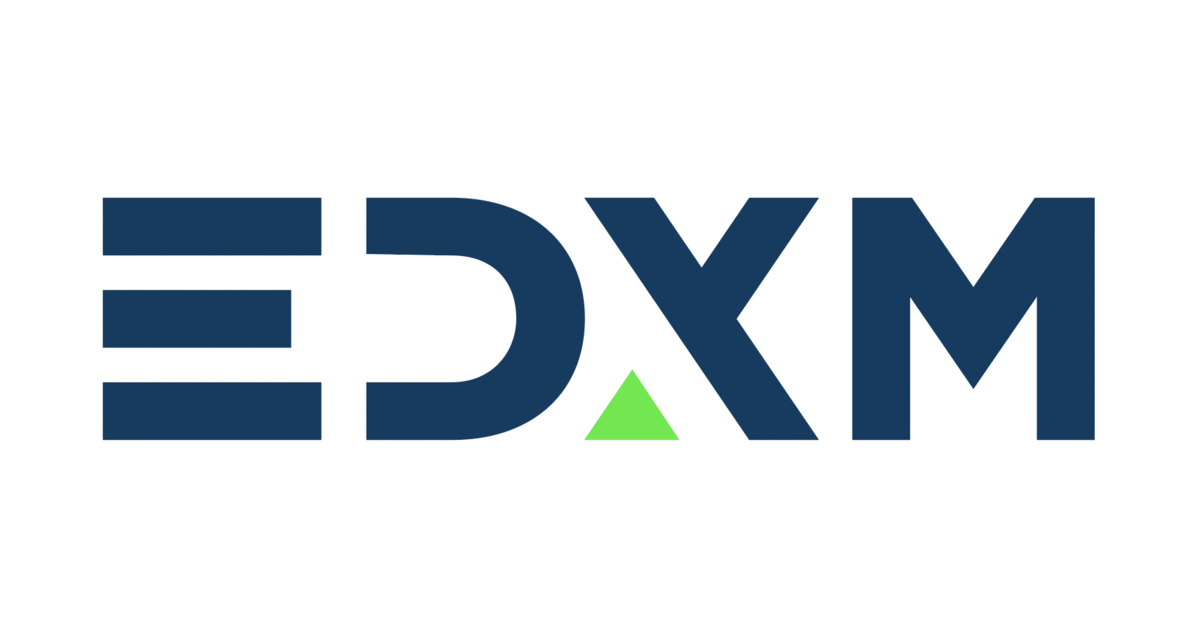Is the Ethereum futures contract really coming?
Original author: MSTA & Nikhilesh De & Celia Wan & Rajan Dhall
Translator: Odaily Planet Daily, Nian Yinsi Tang
Source: Planet Daily
Time is clearer
Heath Tarbert, chairman of the US Commodity Futures Trading Commission (CFTC), participated in the "Fireside Chat" at DC Fintech Week this week. He said that at some point in 2020, we might see Ethereum futures:
- Bitcoin’s block halving next year will reduce its weekly output by $63 million.
- Research Report | Libra, Central Bank Digital Currency, USDT, who will be the ultimate winner in the payment industry?
- Getting started with blockchain | What is the difference between cryptocurrency investment and speculation? How to make both fish and bear's paw
"In the next 6 months to 1 year, you may see an (Ethernet) futures contract… I don't know how much the trading volume will be because it is determined by the market, but my guess is that now we provide at least A little (Ethernet futures contract qualification), I think market participants will consider this."
However, it is unclear who may be really interested in providing Ethereum futures contracts to the US market. At least as far as Tarbert knows, no company has applied for such a product, but it will appear soon.
Spokesmen for Cboe and the Intercontinental Exchange did not immediately respond to requests for comment. A spokesperson for the Chicago Mercantile Exchange (CME) told CoinDesk in a statement that the company "has no plans to introduce more cryptocurrency futures."
Earlier this month, Heath Tarbert, who recently took over as chairman of the CFTC, said that ETH is a commodity and therefore falls under the jurisdiction of the CFTC. He also expects that CFTC will allow ETH futures to trade in the US market in the near future. He said, "We know very well about Bitcoin: Bitcoin is a commodity. So far, we haven't said anything about Ethereum. As the chairman of CFTC, I think Ethereum is a commodity." Tarbert admitted The status of many tokens "is ambiguous in the market," but he said that in the end "similar digital assets should be treated similarly."
Tarbert added that “forked” assets like BCH, BTG, and ETC are generated by the original underlying blockchain fork, and should be treated like the original asset. “Assume that the fork does not affect the Howey test factor, nor does it cause Other issues with securities definition.” In other words, the CFTC's classification of each token depends on how the token is generated.
The encryption community has discussed this extensively. Brian Kelly, chief executive of BKCM, an encryption investment company, said that he is optimistic that CFTC will identify Ethereum and smart contracts as commodities. Kelly said such a classification would pave the way for institutional investors:
“The CFTC has determined that Ethereum is a commodity and is a big news for the encryption sector. This makes regulation clear. CFTC now says, 'If you buy Bitcoin on these smart contract platforms, they are commodities. This opened the door for institutional admission."
Kelly explained that his conversations with institutions have also revolved around the possibility that Bitcoin and encryption will eventually be banned as an asset. However, the CFTC's decision to list Ethereum as a commodity has now alleviated this concern.
But some people hold different opinions. Preston Byrne, senior partner at Byrne & Storm, questioned the CFTC chairman's statement. In a blog post, Byrne claimed that the CFTC chairman's assessment of Ethereum was incorrect. Ethereum and soybean had something in common that was less common than stocks.
Byrne said that if the US SEC did not decide to give Ethereum special treatment, the CFTC chairman would be less likely to say that Ethereum is a commodity. As for why the SEC chose to close one eye, Byrne said:
"The difference between Ethereum is for a reason, not for what the law says. Maybe it has become too big. If you think this is an investment contract, it may cause too much damage to investors and encryption companies. I can The only reason to speculate that Ethereum is treated differently is that the plan is huge, and many large venture capital companies are lobbying, hoping to treat the token in a special way, making it different from all other tokens. They succeeded because money can make a ghost."
How to start?
Regarding how the new contract will be launched, Tarbert said:
“In the past, most people didn’t self-certify. If they wanted to create a brand new exchange and DCO (Derivatives Clearing Organization), they would specifically connect with us. So I think it depends a lot on who wants it. To add the Ethereum contract to the trading platform. Is it one of the four major exchanges that have been working with CFTC for many years, or is it a new platform that wants to specialize in this business?"
Note: Tarbert did not disclose the names of the four cryptographic exchanges that specialize in derivatives, but it is speculated that they may be Seed CX, ErisX, Tassat (formerly trueDigital) and LedgerX.
When it comes to pricing, he adds:
“Our market (for 150 years) has been doing it to ensure full price transparency.”
When asked how much cryptocurrency can be added to the list, Tarbert chose to avoid:
“As the SEC, CFTC and other regulators are working, it is very likely that we will see more (cryptocurrency futures contracts), but I can't assert at the moment. But this will happen in the near future. This is needed Time – you know, Bitcoin and Ethereum have been spending a lot of time on us."
There may be demand for other futures contracts. In the UK, Kraken Futures (formerly Crypto Facilities) offered users BCH, LTC and XRP futures contracts, which became more popular after Kraken acquired the company.
Working with the SEC
Tarbet said that part of the Ethereum futures contract application for certification was done in cooperation with the SEC. He pointed out that according to current federal law, any tool that is not a security is “most likely” to be a commodity (although there are exceptions: for example, Congress has clearly stated that a movie ticket is not a commodity).
"What we see is that if (SEC) analyzes and concludes that an encrypted asset is not considered a security in the old Howey test, in most cases it will be judged as a good."
Tarbet also added that securities can be turned into commodities and vice versa. Tarbet emphasizes that the SEC is the entity that determines what is a security, and the definition of a commodity is within the jurisdiction of the CFTC, which is more extensive.
Recently, the SEC has carried out a series of strikes against the token ICO that it considers to be a security. Earlier this month, regulators filed an emergency lawsuit against Telegram and TON issuers on the grounds that they sold their Gram tokens without registration, and the SEC treated them as securities. The SEC filed an “emergency action and temporary restraining order” against two offshore entities of Telegram's TON ICO, and will hold a court hearing in New York on October 24. Stephanie Avakian, co-director of the SEC's law enforcement department, said the emergency action was to prevent Telegram from causing a large amount of digital tokens in the US market, and the SEC said the tokens were illegally sold; the SEC accused the defendant of failing to provide investors with information about Gram and Telegram. Information on business operations, financial conditions, risk factors and management requirements required by securities laws.
Prior to this, an unregistered ICO settlement was between the SEC and the company Block.one behind the EOS blockchain, which paid a $24 million fine.
This article is from FXStreet & The Block & CoinDesk
Violation of the law will be investigated.
We will continue to update Blocking; if you have any questions or suggestions, please contact us!
Was this article helpful?
93 out of 132 found this helpful
Related articles
- Web3.0 Macro-Logical Thinking: From Technical Illustrations to Business Paradigms
- Stirring the global central bank, the legal digital currency behind the "squid" Libra
- Ethereum in-depth comment: new address number forecast price trend valuation is afraid of historical low
- Exclusive Interpretation | Tencent Blockchain White Paper on Libra, Face Up or Downward Strike?
- Academic Direction | How does Bitcoin drive breakthrough innovation in accounting?
- Viewpoint | Blockchain is a digital social governance system for AI smart new species
- Bitfinex parent company submits a search application to the US court, intending to recover the frozen 880 million US dollars






